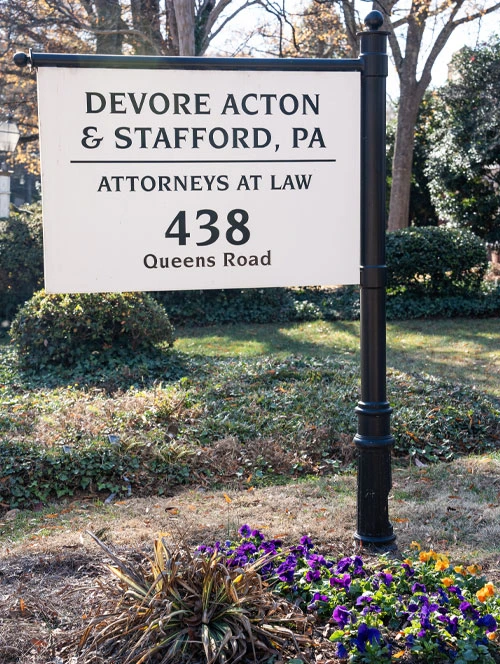A primer on mediation

The legal system is constantly evolving. Decades ago, those who had a legal dispute generally had two options: discuss the matter with the other party and try to find a resolution of your own or take it to court. Although these two options are still available, many other options are also present.
Other legal options to reach a resolution include the alternative dispute resolution (ADR) process. ADR is a broad area which includes specific pathways towards a resolution like arbitration and mediation. Arbitration was discussed in a previous post. This post will delve into the basics of mediation.
What is mediation?
Mediation, like arbitration, is generally a private means to resolve a legal dispute. It involves a neutral third party that essentially guides negotiations between the two disputing parties. The mediators are professional negotiators who have been certified by the Supreme Court of North Carolina. Instead of hearings, the parties discuss the matter during appointments with the mediator. The purpose is not to find who is at fault or place blame, but to focus on the development of a resolution.
At the end of mediation, both parties may agree to sign off on the proposed mediation agreement. The strength of the agreement depends on the jurisdiction. In some areas, these agreements are binding. In others, the agreement serves the same purpose as a contract. If either party chooses not to sign the agreement, the process may move forward using a different legal resolution method, such as traditional litigation.
The cost of the mediator is divided by the parties participating.
Why should I mediate?
There are four reasons. First, is generally required in all state and federal cases. Secondly, as noted above, mediation is private while a courtroom battle can lead to public disclosure of details of the dispute. Third, mediation generally takes less time and expense to reach a resolution compared to litigation. Fourth, and perhaps most importantly, statistically, mediation is successful more than 60% of the time. It is usually much better to reach an amicable resolution of a dispute rather than have a jury of 12 strangers decide your fate.

request your consultation
"*" indicates required fields



